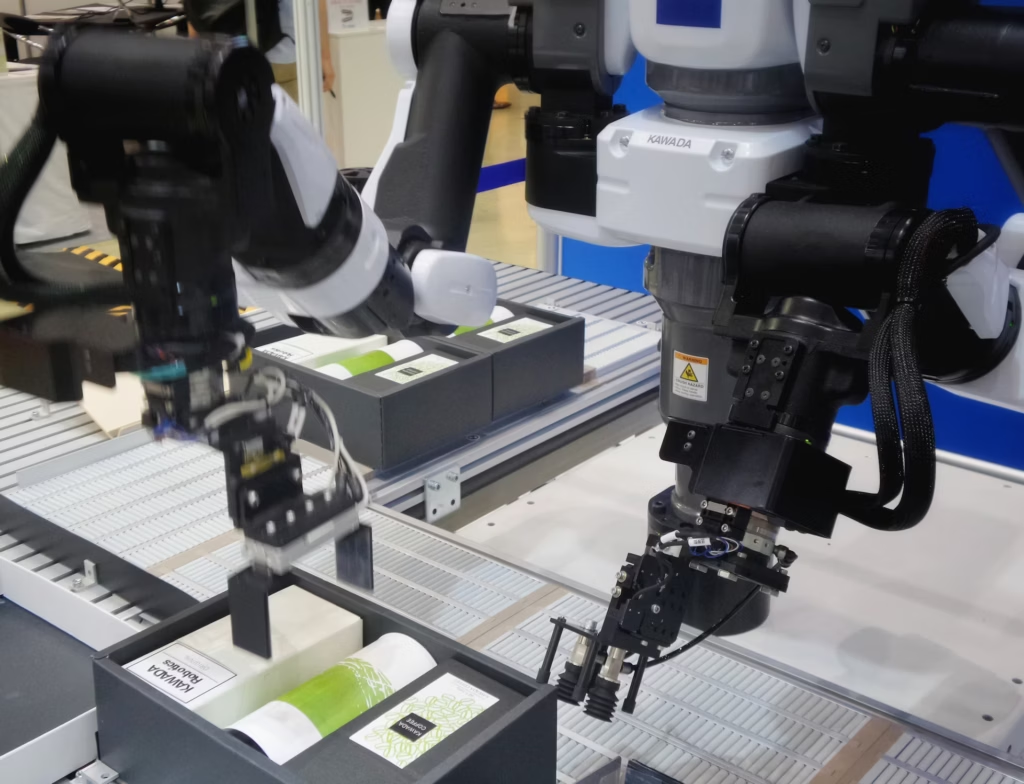
Artificial Intelligence (AI) is increasingly becoming a pivotal tool in transforming conflict resolution and peacebuilding efforts worldwide. In Kenya, AI-driven initiatives are making significant strides in early conflict detection, digital mediation, and enhancing communication to foster sustainable peace.
AI-Driven Early Conflict Detection in Kenya
Traditional methods of conflict detection in Kenya have often been reactive, addressing disputes only after they have escalated. The integration of AI into early warning systems is shifting this paradigm by enabling proactive conflict prevention.
AI systems analyze vast datasets from social media platforms, news outlets, and historical records to identify patterns indicative of rising tensions. For instance, during election periods, AI monitors social media for harmful language, allowing authorities to intervene promptly and maintain stability.
Moreover, AI-powered predictive analytics can detect subtle changes in public sentiment, providing early warnings of potential conflicts. This allows peacebuilding organizations to deploy resources effectively and engage in dialogue before disputes escalate.
Enhancing Mediation Through AI-Powered Digital Platforms
Mediation in conflict situations requires neutrality, efficiency, and the ability to process complex information—areas where AI excels. In Kenya, AI-driven digital mediation platforms are being developed to facilitate negotiations between conflicting parties.
These platforms utilize machine learning algorithms to analyze negotiation data, assess various perspectives, and offer unbiased recommendations. By providing data-driven insights, AI assists mediators in identifying common ground and formulating solutions acceptable to all parties involved.
Additionally, AI-powered chatbots serve as virtual mediators, guiding parties through structured negotiation processes. This not only streamlines communication but also reduces the potential for human bias, leading to more equitable resolutions.
AI in Combating Misinformation and Enhancing Communication
Misinformation can exacerbate conflicts by spreading false narratives and inflaming tensions. AI plays a crucial role in identifying and mitigating the spread of false information in Kenya.
AI-driven fact-checking tools analyze content disseminated through social media and news outlets, verifying the authenticity of information and flagging misleading content. This helps in maintaining an informed public discourse and preventing the escalation of conflicts fueled by misinformation.
Furthermore, AI-powered translation tools are bridging language barriers in Kenya’s diverse linguistic landscape. By facilitating clear and effective communication between different communities, these tools promote understanding and reduce the likelihood of misunderstandings that could lead to disputes.
Case Study: AI in Human-Wildlife Conflict Resolution
Beyond human-to-human conflicts, AI is also addressing human-wildlife conflicts in Kenya. Vodafone, in partnership with Safaricom and the World Wide Fund for Nature (WWF), has developed an AI-powered solution that provides communities with early warnings to deter wildlife, thereby reducing human-wildlife conflicts.
Challenges and Ethical Considerations
While AI offers promising advancements in conflict resolution, several challenges and ethical considerations must be addressed:
- Data Privacy: The effectiveness of AI relies on access to large datasets, raising concerns about the privacy and security of personal information.
- Algorithmic Bias: AI systems can inadvertently perpetuate existing biases present in their training data, leading to skewed outcomes in conflict resolution scenarios.
- Infrastructure Limitations: Implementing AI solutions requires robust technological infrastructure, which may be lacking in certain regions of Kenya.
Addressing these challenges necessitates collaborative efforts among policymakers, technologists, and community stakeholders to develop ethical guidelines and invest in infrastructure that supports the equitable deployment of AI in peacebuilding.
Conclusion
The integration of AI into conflict resolution and peacebuilding in Kenya signifies a transformative shift towards proactive and efficient peace efforts. By harnessing AI’s capabilities in early conflict detection, digital mediation, and combating misinformation, Kenya is pioneering innovative approaches to foster sustainable peace.
As these technologies continue to evolve, it is imperative to ensure their ethical application, inclusivity, and alignment with the unique cultural contexts of the communities they serve. Through thoughtful implementation, AI has the potential to be a powerful ally in the quest for lasting peace in Kenya and beyond.


